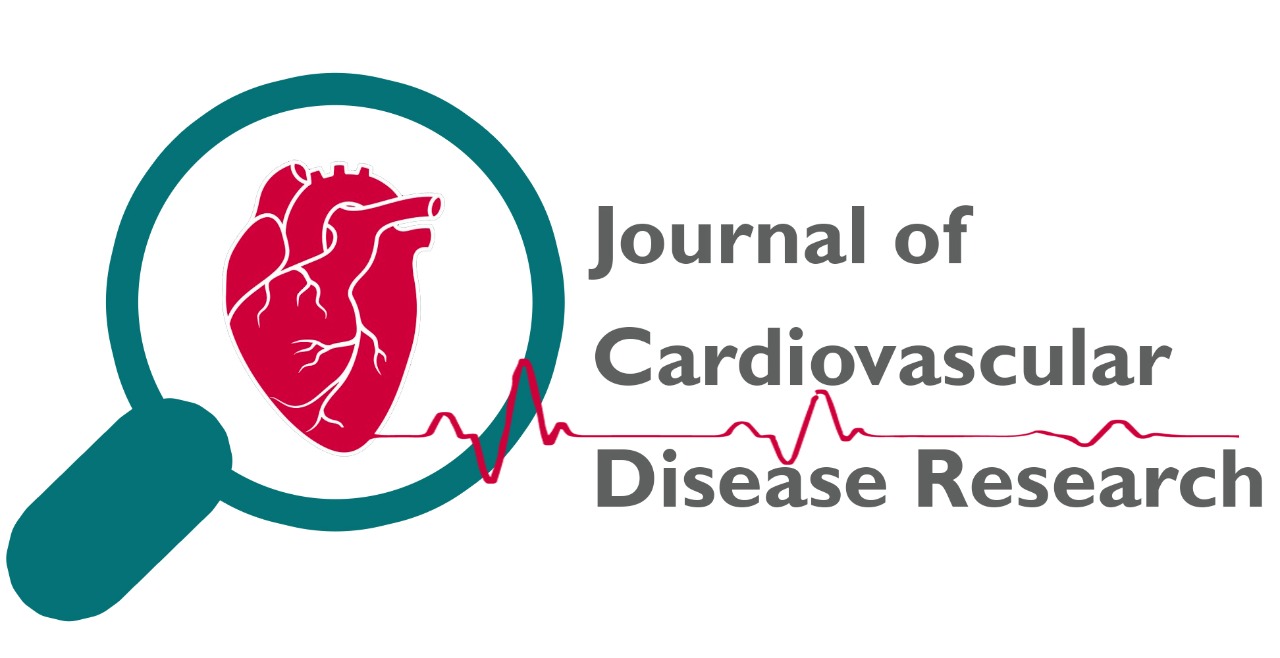
RENAL IMPAIRMENT IN ISCHEMIC AND HEMORRHAGIC STROKE: A COMPARATIVE ANALYSIS OF KIDNEY FUNCTION AND ITS CLINICAL SIGNIFICANCE
P Padmalatha , N.P. Sirisha, Suhrut Nag P, P.Viswanadh
JCDR. 2023: 1086-1101
Abstract
Renal failure is a leading cause of death in stroke patients, and impaired renal function is a significant predictor of both ischemic and hemorrhagic strokes. Understanding the prevalence of renal dysfunction, associated risk factors, and its impact on long-term outcomes is essential for optimizing stroke patient care. This study aimed to assess the prevalence of renal dysfunction using estimated glomerular filtration rate (eGFR) in patients presenting with acute stroke (<24h), identify associated risk factors, and evaluate the relationship between renal impairment and mortality as well as cardiovascular events. Methods: A retrospective analysis was conducted on stroke patients admitted to a hospital. Patients with acute kidney injury, history of renal disease, nephrotoxic drug use, or septicemia were excluded. Renal impairment was determined based on eGFR levels, and demographic details, comorbidities, and risk factors were analyzed. Associations between renal impairment and mortality, as well as fatal and nonfatal cardiovascular events, were investigated. Results: Of the 136 stroke patients included, transient renal impairment was found in 70 patients (51.47%). Even patients with normal blood pressure showed renal impairment, with 12 out of 27 ischemic and 11 out of 25 hemorrhagic non-hypertensive patients affected. Hypertension was prevalent in 11 out of 21 hemorrhagic stroke patients and 21 out of 33 ischemic stroke patients with renal impairment. Age, gender, diabetes, stress, smoking, and alcohol were identified as potential risk factors for renal impairment. The study also revealed a significant association between renal dysfunction and cardiovascular events, including stroke, due to shared biological mechanisms and vascular injury. Conclusion: The study highlights a high prevalence of renal impairment in stroke patients, with a higher incidence observed in ischemic stroke patients potentially due to factors such as medication use. Renal dysfunction was associated with increased mortality and a higher risk of cardiovascular events. These findings emphasize the importance of assessing renal function in stroke patients and implementing appropriate management strategies.
Description
Volume & Issue
Volume 14 Issue 7
Keywords
|
This is an open access journal which means that all content is freely available without charge to the user or his/her institution. Users are allowed to read, download, copy, distribute, print, search, or link to the full texts of the articles in this journal without asking prior permission from the publisher or the author. This is in accordance with the Budapest Open Access Initiative (BOAI) definition of open access.
The articles in Journal of Cardiovascular Disease Research are open access articles licensed under the terms of the Creative Commons Attribution Non-Commercial License (http://creativecommons.org/licenses/by-nc-sa/3.0/) which permits unrestricted, non-commercial use, distribution and reproduction in any medium, provided the work is properly cited. |
|
|
|
|
|
Copyright � 2022 Journal of Cardiovascular Disease Research All Rights Reserved. Subject to change without notice from or liability to Journal of Cardiovascular Disease Research.
For best results, please use Internet Explorer or Google Chrome POLICIES & JOURNAL LINKS
Author Login
Reviewer Login About Publisher Advertising Policy Author's Rights and Obligations Conflict of Interest Policy Copyright Information Digital Archiving & Preservation Policies Editorial Policies Peer Review Policy Editorial & Peer Review Process License Information Plagiarism Policy Privacy Policy Protection of Research Participants (Statement On Human And Animal Rights) Publication Ethics and Publication Malpractice Statement Corrections, Retractions & Expressions of Concern Self-Archiving Policies Statement of Informed Consent Terms of Use |
Contact InformationJournal of cardiovascular Disease Research,
|




